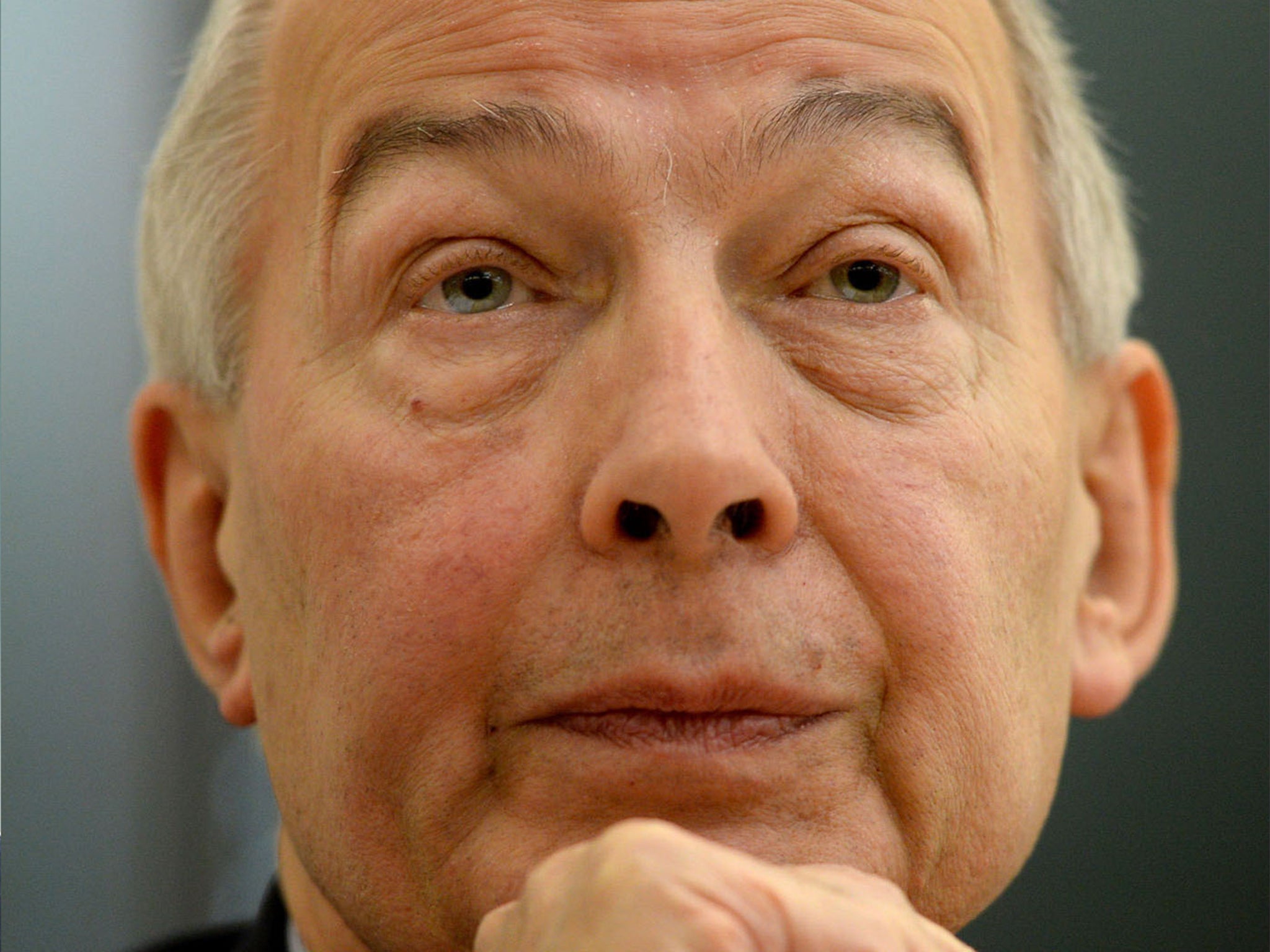Government backtracks on a new 'bedroom tax' set to hit thousands of poorer pensioners
The proposal to penalise older people in social housing who 'underoccupy' their homes - revealed by The Independent – will be delayed by one year

Anger over a new “bedroom tax” to hit thousands of poorer pensioners – revealed by The Independent – has forced a partial government climbdown.
Ministers have backtracked on a controversial plan to swipe at least £300 a year from older people because their homes will be deemed to be “underoccupied”.
The proposal sparked a furore because the Government had promised to protect the elderly from the bedroom tax, which has slashed housing benefit for social housing tenants with spare rooms.
Pensioners were faced with being forcing them to move away from family and friends, or to flats that are unsuitable for older people, the charity Age UK and other critics said.
In some cases, the financial pain would be far greater – one housing association identified pensioners in part of the North who are set to lose a staggering £1,700 a year.
Now the Department for Work and Pensions (DWP) has announced that the measure will be shelved for one year and only introduced in April 2019.
Frank Field, the senior Labour MP who chairs the Commons Work and Pensions Select Committee, said: “Although pensioners cannot yet breathe a sigh of relief, today’s move does at least create some breathing space.
“The government’s next move should involve thinking through how many vulnerable pensioners will be worse off, and by how much, if it does proceed with this proposed cut.”
Mr Field added: “I very much hope that the government will realise that, if it is to meet Theresa May’s pledge of protecting people at the bottom of the pile, it should ditch the proposal altogether.”
The original bedroom tax saw hundreds of thousands of poorer people lose huge sums because they had no smaller homes to move to and, therefore, suffered steep benefit cuts.
The same harsh impact is feared from the new measure, which will cap housing benefit in social housing at the level of the Local Housing Allowance (LHA), used in the private rented sector.
Crucially, the LHA is calculated – like the removal of the so-called “spare-room subsidy” – on the basis of household size, rather than the size of the property.
That means a single pensioner, or a couple, living in a two-bedroom home will have their housing benefit capped at the one-bedroom LHA rate.
Housing associations say that, in London and the South-East, the impact may not be severe, because the one-bedroom LHA rate is likely to be higher than the existing social housing rent charge.
But across the rest of the country – where private rents are cheaper – the LHA cap is set much lower, in line with private rents, threatening tenants with big benefit cuts.
New tenancies starting after April this year will be affected – but now from April 2019, not April 2018 – which means that, over time, hundreds of thousands of pensioners will be drawn in.
In a statement, the DWP described the rethink as “a simplification and alignment of the application of the Local Housing Allowance policy for general needs accommodation”.
But the National Housing Federation (NHF) said it feared the policy could end up being more draconian, because it would now affect the existing tenancies of people receiving Universal Credit.
Gill Payne, the NHF’s director of policy and external affairs, said: “Today’s changes will impact more people than announced previously, although it will start one year later in 2019.”
Join our commenting forum
Join thought-provoking conversations, follow other Independent readers and see their replies
Comments
Bookmark popover
Removed from bookmarks